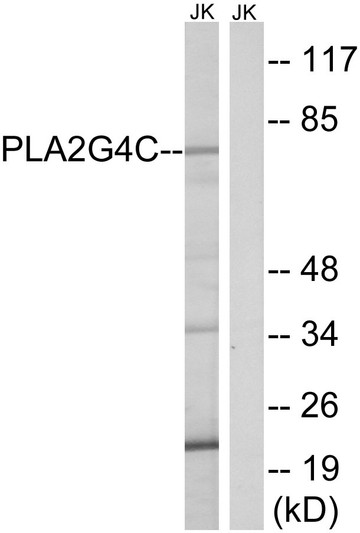| Function | Spindle assembly factor required for normal assembly of mitotic spindles. Required for normal assembly of microtubules during apoptosis. Required for chromatin and/or kinetochore dependent microtubule nucleation. Mediates AURKA localization to spindle microtubules. Activates AURKA by promoting its autophosphorylation at 'Thr-288' and protects this residue against dephosphorylation. TPX2 is inactivated upon binding to importin-alpha. At the onset of mitosis, GOLGA2 interacts with importin-alpha, liberating TPX2 from importin-alpha, allowing TPX2 to activate AURKA kinase and stimulate local microtubule nucleation. |
| Protein Name | Targeting Protein For Xklp2Differentially Expressed In Cancerous And Non-Cancerous Lung Cells 2Dil-2Hepatocellular Carcinoma-Associated Antigen 519Hepatocellular Carcinoma-Associated Antigen 90Protein Fls353Restricted Expression Proliferation-Associated Protein 100P100 |
| Database Links | Reactome: R-HSA-6804756Reactome: R-HSA-8854518 |
| Cellular Localisation | NucleusCytoplasmCytoskeletonSpindleSpindle PoleDuring Mitosis It Is Strictly Associated With The Spindle Pole And With The Mitotic SpindleWhereas During S And G2It Is Diffusely Distributed Throughout The NucleusIs Released From The Nucleus In Apoptotic Cells And Is Detected On Apoptotic Microtubules |
| Alternative Antibody Names | Anti-Targeting Protein For Xklp2 antibodyAnti-Differentially Expressed In Cancerous And Non-Cancerous Lung Cells 2 antibodyAnti-Dil-2 antibodyAnti-Hepatocellular Carcinoma-Associated Antigen 519 antibodyAnti-Hepatocellular Carcinoma-Associated Antigen 90 antibodyAnti-Protein Fls353 antibodyAnti-Restricted Expression Proliferation-Associated Protein 100 antibodyAnti-P100 antibodyAnti-TPX2 antibodyAnti-C20orf1 antibodyAnti-C20orf2 antibodyAnti-DIL2 antibodyAnti-HCA519 antibody |
Information sourced from Uniprot.org












